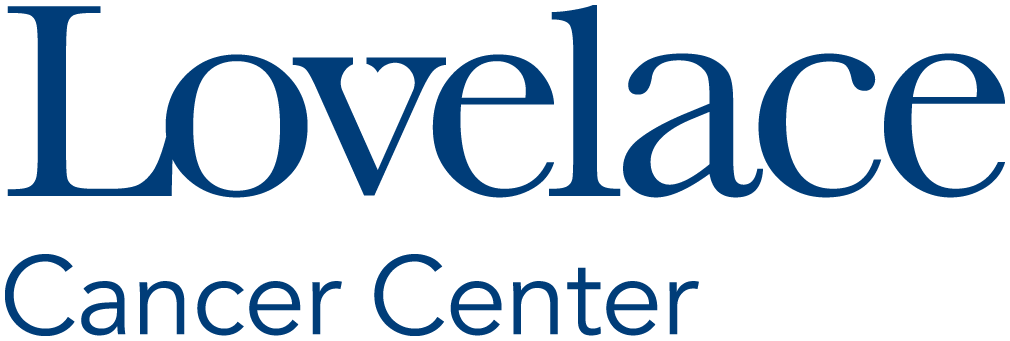Overview
Good nutrition is important for cancer patients. Nutrition is a process in which food is taken in and used by the body for growth, to keep the body healthy and to replace tissue. Good nutrition is important for good health. Eating the right kinds of foods before, during and after cancer treatment can help the patient feel better and stay stronger. A healthy diet includes eating and drinking enough of the foods and liquids that have important nutrients the body needs.
Cancer and cancer treatments can change the way you eat and the way your body tolerates certain foods and uses nutrients. The needs of people with cancer vary and our dietitians can help you identify your personal nutritional needs and help you meet your individual goals. Having a dietitian during and after cancer treatment can help you to feel better, keep up your strength and energy, maintain your weight and your body’s store of nutrients, better tolerate treatment-related side effects, lower your risk of infection, and heal and recover faster.
What is a Registered Dietitian?
Dietitians are an integral member of the cancer care team that provided individualized evidence based expert advice on diet. They are here to help patients understand the benefits of good nutrition. They are experienced in a wide variety of food and nutrition topics and are able to translate the latest scientific findings about the connections between food, individual nutrients and health. They can provide nutritional counseling to patients and their families/care givers at any stage of their cancer treatment and rehabilitation to optimize a patient’s nutritional well being and quality of life.
At Lovelace Cancer Center, our dietitians may be consulted to provide individualized nutrition assessment and counseling to address:
- Diagnosis-specific nutrition issues
- Cancer prevention and survivorship guidelines
- Management of treatment-related side effects
- Assessment and recommendations for specialized routes of nutrition support, including tube feeding and intravenous nutrition
- Appropriate use of vitamins, minerals and herbal nutrition supplements
- Food-safety education
To schedule an appointment with a dietitian, or for more information, please speak with your provider during any of your scheduled visits or call 505.727.3040 for Medical Oncology or 505.727.6930 for the Breast Care Center.
Food Guidelines
Food Safety Guidelines
Food safety is important for people with cancer because treatment can weaken the immune system. Chemotherapy and radiation may cuase neutropenia, a decrease in white blood cells that fight infection.
Steps you can take to prevent food borne illness:
- Wash hands and food prep surfaces often
- Keep raw meat and poultry seperate from other produce
- Chill perishable foods within two hours
- Cook foods to a safe internal temperature
- Poultry (including whole or ground chicken, turkey or duck) - 165°F (74°C) for 15 seconds
- Ground Meat (Including beef, pork, and other meat)- 155°F (68°C) for 15 seconds
- Seafood (Including fish, shellfish, and crustaceans)- 145°F (63°C) for 15 seconds
- Steak and chops- 145°F (63°C) for 15 seconds
- Roasts- 145°F (63°C) for 4 minutes
Foods to Avoid
Some foods have a higher risk of becoming contaminated with bacteria. These include:
- Unwashed fresh fruit and vegetables, especially leafy vegetables that can hide dirt and other contaminants
- Raw sprouts, such as alfalfa sprouts
- Raw or undercooked beef, especially ground beef, or other raw or undercooked meat and poultry
- Cold hot dogs or deli lunch meat (cold cuts), including dry-cured, uncooked salami. Always cook or reheat these foods until they are steaming hot.
- Refrigerated pâté
- Raw or undercooked shellfish, such as oysters
- Smoked fish
- Some types of fish, both raw and cooked, as they may contain high levels of mercury
- Sushi and sashimi, which often contain raw fish. Commercially frozen fish, especially those labeled “sushi-grade” or “sashimi-grade,” is safer than other fish, but check with your doctor before eating it.
- Unpasteurized beverages, such as unpasteurized fruit juices, raw milk, raw yogurt, or cider
- Soft cheeses made from unpasteurized milk, such as blue-veined (a type of blue cheese), Brie, Camembert, feta, goat cheese, and queso fresco or blanco
- Undercooked eggs, such as soft boiled, over easy, and poached; raw, unpasteurized eggs; or foods made with raw egg, such as homemade raw cookie dough and homemade mayonnaise
- Deli-prepared salads with egg, ham, chicken, or seafood
Side-effects
Treatment and Treatment-Related Side Effects
Below are a few of the conditions in which we can help guide you to eat the right kinds of foods before, during and after treatment so you can feel better and stay strong.
- Cooking and food safety
- Diabetes
- Dietary complications due to cancer treatment
- Enteral/Parenteral Nutrition
- Gastrointestinal Disease
- Hypertension
- Lipid metabolism
- Malnutrition
- Managing common side effects due to cancer treatment
- Dry mouth/thick saliva
- Feeling tired
- Loss of appetite
- Nausea
- Sore mouth/sore throat
- Taste changes
- Weight loss due to treatment
- Neutropenia
- Renal disease
- Side effects due to cancer treatment
- Weight management



